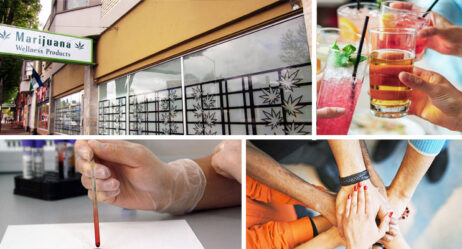Who We Are
About ARG
We are a non-profit research organization that seeks to improve public health through deepening our understanding of alcohol and other drug use and investigating innovative approaches to reduce its consequences for individuals, families, and communities.

















